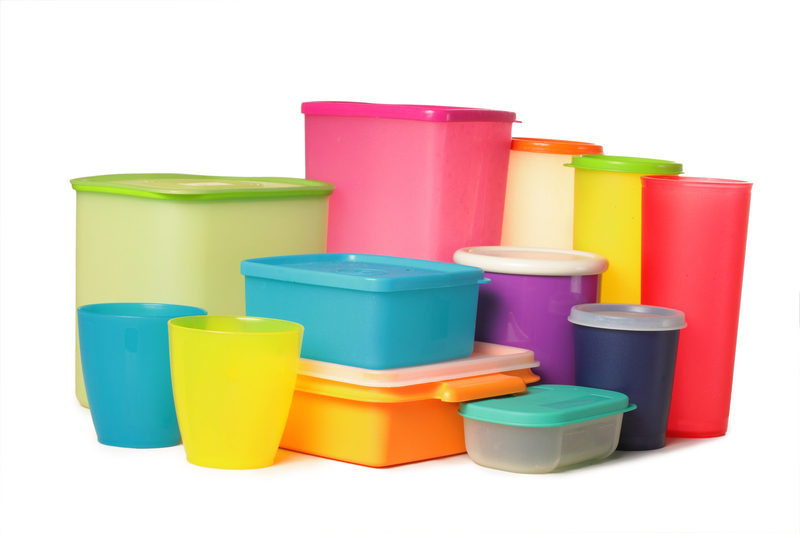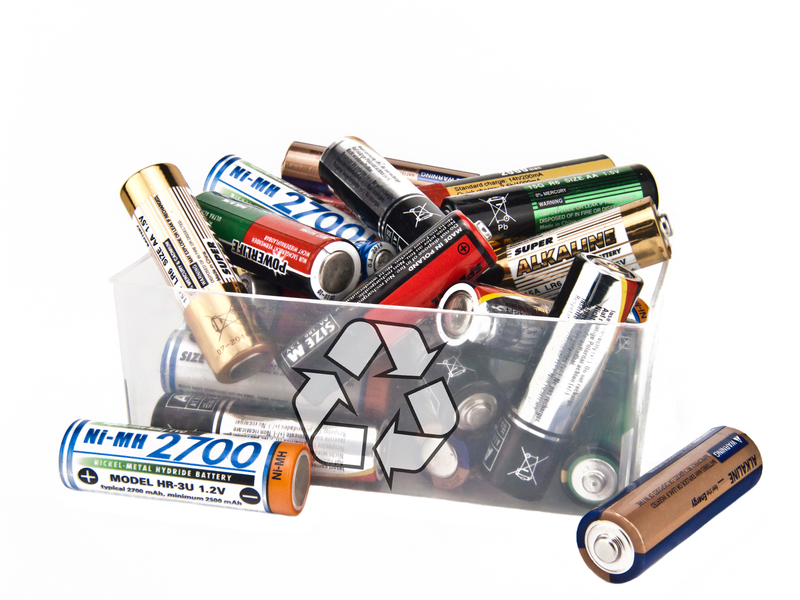Expert Tips to Cut Costs on Bulky Waste Item Disposal
Dealing with bulky waste item disposal can be overwhelming and expensive if you don't know the right strategies. From old furniture and broken appliances to mattresses and garden sheds, these large items don't fit easily in the regular garbage bins. Whether you're a homeowner, tenant, or business owner, effective bulky waste management can save you considerable time and money. This comprehensive guide breaks down expert advice, insider tips, and proven tactics to help you cut costs on disposing of large waste items without sacrificing convenience or environmental responsibility.

Understanding Bulky Waste Items
Before diving into money-saving solutions, it's essential to understand what qualifies as bulky items for disposal. Municipal definitions vary, but typically, bulky waste includes:
- Old sofas and couches
- Mattresses and bed frames
- Large appliances (fridges, freezers, washing machines)
- Carpets and rugs
- Doors, windows, and bathroom fixtures
- Garden furniture and sheds
- BBQ grills and exercise equipment
- Electronics (TVs, computers, speakers--check for e-waste restrictions)
Knowing which items fall under bulky waste collection in your area is the first step to minimizing unnecessary costs and avoiding fines.
Top Ways to Save on Bulky Waste Item Disposal
*Ready to reduce your bulky waste disposal expenses?* Here's a compilation of expert-backed tips that cater to residential, commercial, and landlord needs:
1. Take Advantage of Local Authority Bulk Waste Collection Services
Most municipalities offer residents a free or discounted bulky waste collection service, typically once or twice a year. Some tips to maximize these services:
- Plan ahead: Check your council website for collection schedules and book in advance.
- Combine items: Dispose of as many bulky items as allowed per collection to maximize value.
- Follow guidelines: Only include acceptable items to avoid extra charges or your items being left behind.
2. Reuse, Donate, or Sell Large Items
A smart alternative to bulky waste collection is eco-friendly disposal. Before sending items to landfill:
- Sell items: List furniture and appliances on online marketplaces (e.g., Facebook Marketplace, Gumtree, Craigslist).
- Donate: Give away usable items to local charities, shelters, or thrift stores. Many organisations offer free pick-up for large donations.
- Offer for reuse: Use apps or platforms that connect people seeking free items, such as Freecycle or Nextdoor.
3. DIY Disposal at Local Recycling or Waste Centres
If you have transportation and the right lifting help:
- Check local recycling centres: Many accept bulky items for free or at reduced rates for residents.
- Sort and prep your items: Some facilities require you to separate wood, metal, and electrical components. Pre-sorting ensures quick drop-offs and potential fee reductions.
- Avoid peak days: Avoid weekends and end-of-the-month, when centres are busiest.
4. Bulk Disposal with Neighbours
With many councils or private collectors charging per visit, grouping bulky waste collection with neighbours or friends can save everyone money. Strategies include:
- Coordinate a bulk pick-up: Split the cost of a skip or truck hire among multiple households.
- Community clean-up: Organise neighbourhood events for large item disposal and share collection costs.
5. Negotiate with Private Waste Collection Services
Not all private bulky waste removal companies have fixed pricing. To get the best deal:
- Get multiple quotes: Compare prices and services from at least three local providers.
- Ask about discounts: Large volumes, regular service, or off-peak bookings often qualify for special rates.
- Clarify charges: Ensure you understand weight limits, additional item fees, or waiting time surcharges beforehand.
6. Opt for Responsible Upcycling or Repurposing
Not all old furniture or appliances are waste. Some can be upcycled into something new! Ideas include:
- Converting worn doors into desks or benches
- Turning pallets into outdoor seating or planters
- Refurbishing vintage chairs for modern use
7. Hire a Skip or Dumpster--The Smart Way
Renting a skip (dumpster) is ideal if you're clearing out a lot of items at once. Save money by:
- Choosing the right size: Overfilling a small skip incurs additional costs. Hire only the size you need.
- Sharing with others: As with bulk disposal, coordinate with others to fill the skip.
- Comparing rental periods: Longer rentals can be cheaper per day, but ensure you can fill the skip quickly to avoid excess charges.
8. Avoid Hidden Fees and Illegal Dumping
Cutting corners by dumping items illegally can result in hefty fines and environmental damage. Protect your wallet and the planet by:
- Checking for hidden charges: Some companies add surcharges for specific materials or heavy items. Read the fine print before booking.
- Avoiding fly-tipping: Illegal dumping is prosecuted and carries stiff penalties. Always use authorised collectors.
Key Considerations for Cost-Effective Bulky Trash Removal
When evaluating the most affordable way to dispose of large waste items, keep these factors in mind:
- Item Condition: Usable goods can be sold or donated, while damaged items may require professional disposal.
- Local Regulations: Councils differ in what they'll collect for free or fee and what they prohibit (especially for electronics, chemicals, etc.).
- Quantity and Size: Some services charge by item, others by weight or volume. Assess what works best for your needs.
- Environmental Impact: Aim for recycling or reuse wherever possible.
Environmental Benefits of Smart Bulky Waste Solutions
Cutting costs on large waste item removal isn't just about money; it's about being a responsible citizen. When you donate, recycle, or upcycle, you keep usable materials out of landfill and reduce the demand for new resources. Plus, complying with local waste laws maintains a cleaner, safer neighbourhood for everyone.
Quick Checklist: Low-Cost Bulky Waste Disposal Methods
- Book a free council bulky waste pickup when available
- Sell or donate reusable furniture and appliances
- Transport items to the local recycling centre yourself
- Pool resources with family or neighbours for shared collections or skips
- Compare and negotiate with private collectors
- Repurpose items into something useful
- Avoid illegal dumping by always using licensed providers

Frequently Asked Questions on Bulky Waste Item Disposal
What is the cheapest way to get rid of bulky waste?
Using your local authority's free or low-cost bulky item collection service is often the most affordable. Where possible, donating or selling items can actually make you money instead of costing you.
Can I dispose of bulky items for free?
Many areas offer limited free collections per year for residents. Check eligibility and schedule with your local council or recycling centre.
Is it legal to leave bulky items on the curb?
Only during scheduled council pickups. Unauthorised dumping is illegal and may result in fines or prosecution.
Can charities collect large furniture from my home?
Most major charities accept large furniture donations and may even offer free collection services if the items are clean and reusable.
What about hazardous or electrical bulky waste?
Never mix hazardous or electronic items with general bulky waste. Look for designated e-waste recycling points or specialist hazardous waste services in your area.
Conclusion: Save Money and the Planet with Smart Bulky Waste Solutions
You don't have to break the bank to get rid of large, unwanted items. With a clear understanding of local options, smart planning, and a focus on sustainable solutions, you can cut costs on bulky waste item disposal while helping the environment and your community. Always check local resources first, prioritize reuse and recycling, and team up with neighbours if possible for bulk savings. With these expert tips, you'll clear out space, keep costs down, and contribute to a cleaner planet--all at the same time.
Ready to tackle your next bulky waste challenge? Use these strategies, and you'll enjoy a clutter-free home or business--without overspending!
